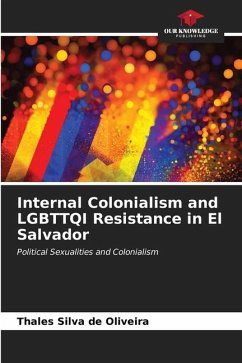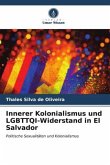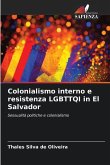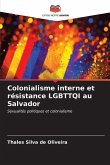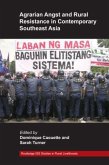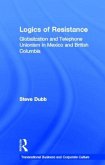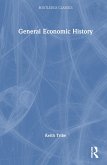This paper discusses the influence of colonialism on the recognition of Lesbian, Gay, Transgender, Transvestite, Queer and Intersex (LGBTTQI) populations in the Central American country of El Salvador, as well as the forms of resistance carried out by organised groups. Even in a system where the debate on human rights is growing from a perspective of recognising plurality, the guarantee or otherwise of these rights is strongly influenced by the historical formation of the political, social and governmental structures of the post-civil war period, which took place between 1980 and 1992. To analyse the obstacles to the recognition of LGBTTQI populations in El Salvador, as well as the possibilities of resistance and transformation of peripheral identities in a context of reproduction of colonial norms.
Bitte wählen Sie Ihr Anliegen aus.
Rechnungen
Retourenschein anfordern
Bestellstatus
Storno

